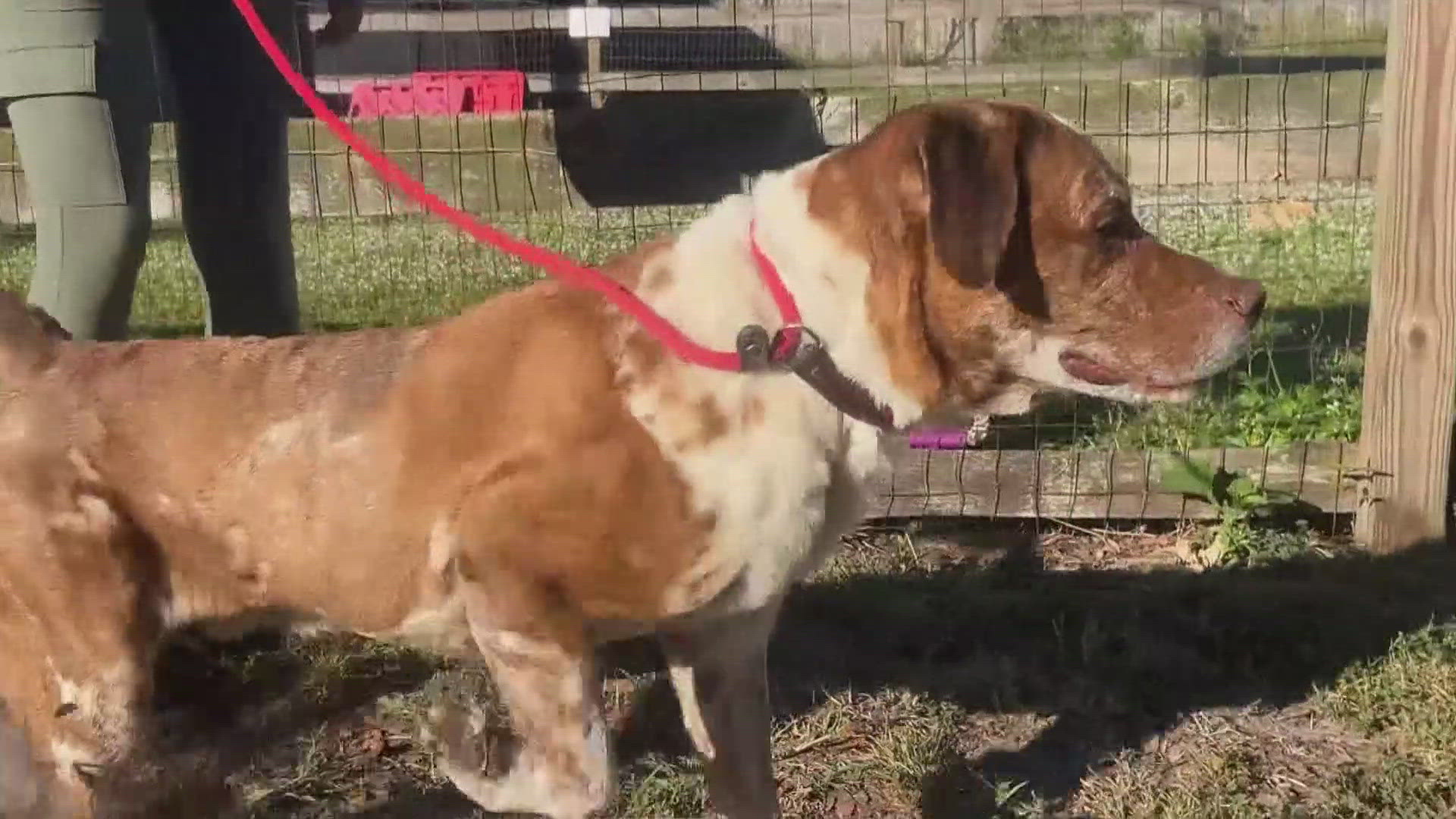To calm his nerves for frequent airline flights, Jason Ellis swaddles his marmoset Gizmo in a blanket and tucks him into his shirt.
“You look into his eyes, and it’s like looking into human eyes,” said Ellis, 30, of Las Vegas, who travels weekly for work on innovative lighting for growing cannabis. “Just having him with me, it’s like your security blanket.”
Critters like Gizmo, a species of monkey, are allowed to tag along on flights as emotional-support animals for their owners. A wide variety of animals from turkeys to pigs have joined the stampede of an estimated 100,000 animals riding in airline cabins each year.
Airlines would like to close the barn door on emotional-support animals that the Transportation Department opened during the 1990s. They want to limit the animals traveling in plane cabins to trained service dogs, such as those for the blind and deaf. The airlines would also accept miniature horses, as recognized by the Americans with Disabilities Act.
Plane crews and federal officials suspect some travelers are sneaking pets aboard planes in the guise of comfort animals to avoid paying fees of about $75 per flight for pets kept in containers beneath seats. Comfort animals can sit on their owner's lap if they are leashed.
“It’s getting out of hand,” said Richard Bogash, a marketing executive from Hallandale Beach, Fla., a member of USA TODAY’s frequent-flier group called Road Warriors. “I recently saw a cat freak out in business class on Delta from Europe and fur went flying all over the meal of the customer next to the owner.”
But advocates for emotional-support animals say they can treat unseen ailments such as low blood sugar or heart arrhythmia, or simply calm travelers who suffer stress. Alicia Smith, a member of the National Alliance on Mental Illness, said emotional-support animals provide medical assistance as crucial as an oxygen bottle and can help calm an autistic child or a veteran with post-traumatic stress disorder.
Earlier this year, Transportation Secretary Anthony Foxx named the Access Advisory Committee to try to negotiate a compromise between airlines and advocates to limit the definition of comfort animals. Since beginning in April, the group has debated possible restrictions on the size and species of comfort animals. But it’s not clear it will reach a consensus by the final meeting, which begins Wednesday and ends Friday.
Even without a compromise, the department could propose a change in how it defines the animals, though it could take months or years before the change takes effect. The department is also considering ways to make lavatories more accessible on single-aisle planes and seat-back entertainment more accessible for the deaf and blind.
The animals generate strong feelings on all sides.
Pigs can fly 🐷😳 shocked to see emotional support pig @BostonLogan in @Delta terminal on a leash. #travellife pic.twitter.com/rtkr4orHAq
— Dr. Romie Mushtaq MD (@DrRomie) January 13, 2016
Romie Mushtaq, who grew up amid farms in Danville, Ill., had already seen her share of pigs before one ambled into the Delta Air Lines gate area at Boston’s Logan airport in January. She recorded the scene like others who enjoyed seeing the pig snuffling oats off the floor — until the flight of business travelers headed to New York began boarding.
“All of a sudden, it wasn’t entertainment anymore,” she said. “Every other passenger on the flight, you could see jaws tensing up, people straightening their backs, especially people with an empty seat, thinking, ‘Oh, my goodness, am I going to be sitting next to this pig on a leash for the entire flight?’”
Mushtaq, a doctor based in Orlando, has prescribed dogs with training to anticipate seizures for epileptic patients. But after the pig encounter, she found no justification in peer-reviewed medical publications to justify other animals for emotional support.
“I’m a firm believer in pet therapy and a firm believer in a lot of literature on dogs that have been specially trained to detect medical conditions in their owners,” she said. “But this was a little out of the realm.”
(No need to worry about snakes on a plane. The department never requires airlines to accommodate “unusual” service animals such as “snakes, other reptiles, ferrets, rodents and spiders,” according to the regulation.)
An informal survey of hundreds of USA TODAY Road Warriors found a mixed reaction to animals on flights.
Lauren Fix, an automotive analyst from Buffalo, has seen an iguana and a small pig on flights. “Both are ridiculous,” she said. “Dogs are fine — they are trained and never hear a peep.”
Sue Reiss, a national sales manager from Marathon, Fla., said allowing dogs who are loose and barking on flights is inexcusable. “There are many people with animal allergies and so to make a single group who I frankly think misuse the ‘emotional support’ policy to the detriment of other passengers, is not acceptable,” she said.
But several of the frequent fliers said they have no problem with animals calming other passengers.
“I do not want the DOT putting restrictions on this,” said Phil Bush, a sales and marketing consultant from Atlanta. “People may need this type of support.”
Passengers with comfort animals are supposed to have a doctor’s note certifying their needs dated within the last year, and they can be in trouble if they don't carry it, as Ellis and Gizmo discovered on a flight from Columbus to Las Vegas in August.
A Frontier Airlines flight attendant saw Gizmo poking his head out of Ellis’ shirt during the flight, but found no documentation for the animal.
“The passenger has been put on the Frontier no-fly list because he did not follow procedures concerning traveling with a therapeutic/emotional support animal,” said Jim Faulkner, an airline spokesman. “He had opportunities to present this before boarding the aircraft and never did.”
Gizmo is registered with the National Service Animal Registry as an emotional-support animal and a psychiatrist, Heather Brownlee, has provided a letter stating she treats Ellis for severe anxiety and post-traumatic stress disorder, according to documents Ellis provided USA TODAY.
Ellis said he doesn’t usually take out Gizmo on flights, but that children like to see him and take pictures with him.
“You get little, tiny animals like Gizmo — he’s like the poster child for emotional-support animals,” Ellis said.


